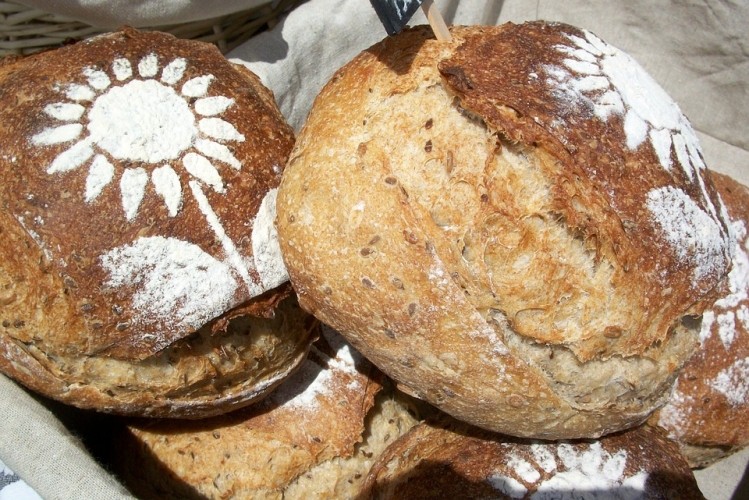Artisan food boom grows SMEs profits

EMW said that profit margins of small food and drink producers rose from 6.1% in 2014–15 and 3.1% in 2013–14.
The rise was fuelled by consumers becoming more willing to pay premium prices for products that they saw as of a higher quality, said EMW.
This shift had allowed smaller manufacturers of artisan products to – in a number of cases – charge higher prices than larger food and drink producers.
EMW pointed to craft brewers like Brewdog and gin distiller Portobello Road as examples of British brands that had succeeded in cashing in on the increased demand for artisan products.
More sophisticated tastes
Ian Morris, chairman of EMW, said on average, British consumers had more sophisticated tastes than they did 10 years ago. The UK’s artisan food and drink producers had seen their profit margins grow strongly as a result.
“Food is one of the fastest-growing areas of luxury spending,” said Morris. “More customers than ever are willing to pay higher prices for products perceived as offering something more than a mass-market brand does.
“That means they are happy to seek out more niche products, and buy from small businesses.”
Morris also described SMEs as being better-positioned to take advantage of the rising importance of locally-sourced produce.
“Having a ‘locally-sourced’ label helps attract buyers who are conscious of the carbon footprint of their food, which is a growing priority, especially for younger consumers,” said Morris.
‘Profitability in the sector’
“The growth and profitability in the sector is, in turn, making those SME food and drink producers attractive as takeover targets for larger rivals.”
Meanwhile, the strong margin growth among smaller British food and drink manufacturers contrasted with problems faced by multinational food producers recently.
Unilever recently resolved a pricing dispute with Tesco over Marmite, after the pound’s weakness against the euro increased import costs and lowered margins.
EMW added that while some small manufacturers would encounter a currency challenge following Brexit, it would be less pronounced for those that do not import a significant amount of raw materials from overseas.















